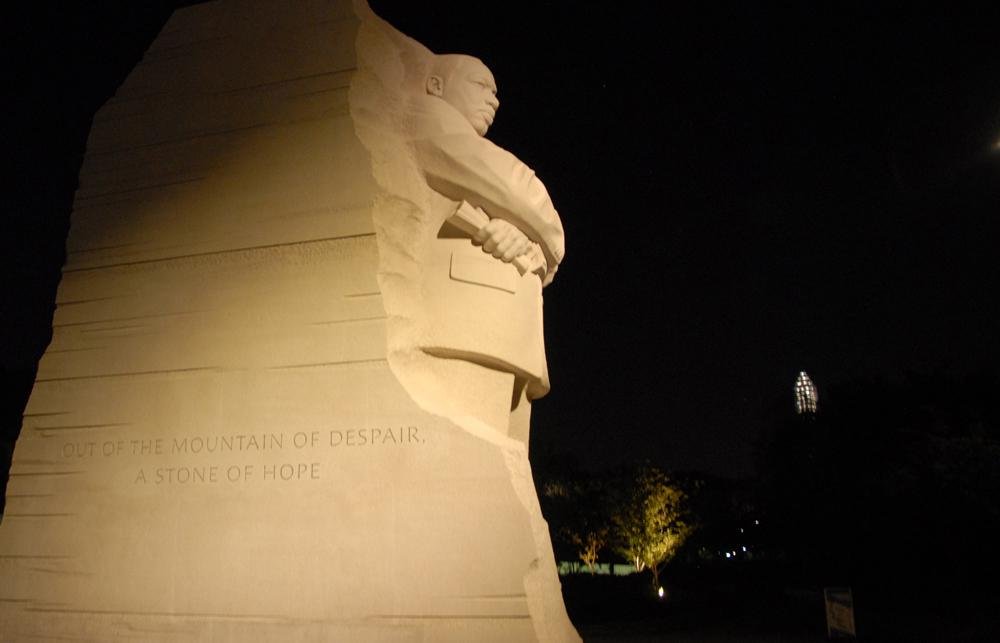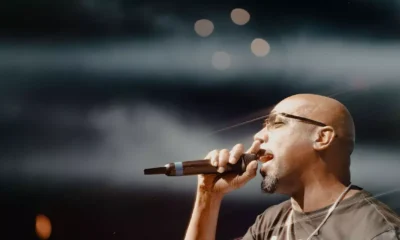faith
MLK’s Last Sermon: A Powerful Voyage to the Mountaintop

On Monday, the United States honors the legacy of Martin Luther King Jr., a pivotal figure in the civil rights movement. One of his most profound speeches, delivered on the evening before his assassination on April 4, 1968, showcased his remarkable oratory skills. King delivered the extemporaneous speech titled “I’ve Been to the Mountaintop” to support striking sanitation workers in Memphis, Tennessee.
Initially planning to forgo the sermon, King was persuaded by fellow civil rights leader Ralph Abernathy to speak. Tragically, the following day, his life was cut short when he was shot by James Earl Ray on the balcony of the Lorraine Motel.
Honored annually on the third Monday in January, Martin Luther King Jr. Day coincides with his birth on January 15. King rose to national prominence during the Montgomery bus boycott in 1955, sparked by Rosa Parks’ refusal to give up her bus seat. His leadership during this pivotal event included enduring threats and winning a federal court ruling that ended segregation on public transportation in Montgomery.
Throughout his life, King faced numerous dangers, including a near-fatal stabbing during a book signing in Harlem in 1957. He was instrumental in organizing the historic March on Washington, where he delivered his iconic “I Have a Dream” speech in 1963, a moment that has since become emblematic of American civil rights rhetoric.
As King continued to advocate for civil rights, he focused on issues of economic justice and opposition to the Vietnam War. His commitment to social change earned him the Nobel Peace Prize in 1964, recognizing his efforts toward racial equality and justice.
In “I’ve Been to the Mountaintop,” King reflected on the struggles faced by marginalized communities, urging unity and resilience in the fight for justice. He emphasized the significance of collective action, stating that the struggle for rights is not merely a protest against injustice but a celebration of the dignity and worth of every individual.
King highlighted the urgency of addressing economic disparities, calling upon communities to withdraw support from businesses that perpetuate inequality. He encouraged his audience to confront systemic injustices, reinforcing the notion that true justice cannot be achieved without acknowledging the struggles of all oppressed individuals.
In his concluding remarks, King expressed unwavering faith in the future, acknowledging the challenges that lie ahead but assuring people that they would ultimately succeed in their quest for equality. His words resonate through the generations, reminding us that the fight for civil rights and justice continues today.


















